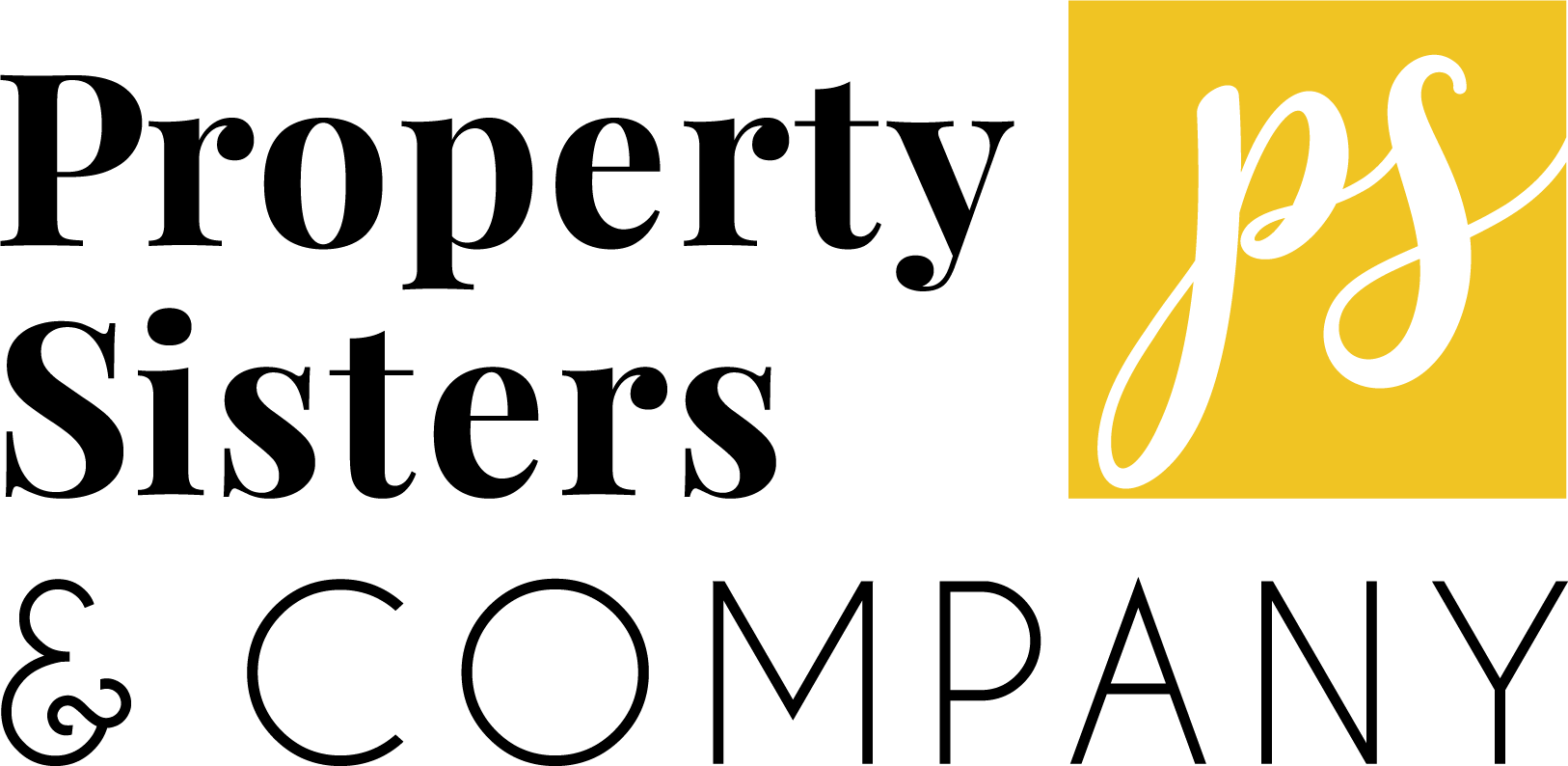Can Real Estate Agents Lie About Offers? Understanding Alberta Regulations
Introduction: The Truth About Honesty in Alberta Real Estate
One of the most stressful moments in a real estate transaction occurs when you're told there are multiple offers on a property you love. Your heart sinks. You wonder: is the listing agent being truthful, or is this a pressure tactic? Can real estate agents actually lie about offers in Alberta?
The answer is clear, direct, and legally binding: no. Real estate agents in Alberta cannot lie about offers. However, the reality is more nuanced than a simple yes or no. Understanding Alberta's regulatory framework, the ethics governing real estate professionals, and your consumer rights is essential for protecting yourself in transactions.
The Legal Foundation: Alberta's Real Estate Act & RECA
Who Regulates Alberta Real Estate Agents?
The Real Estate Council of Alberta (RECA) administers the Real Estate Act to promote the integrity of the industry and protect consumers. RECA is an independent governing authority that sets, regulates, and enforces standards for all real estate licensees across Alberta.
The Real Estate Act of Alberta is the legislation governing residential real estate, commercial real estate, property management, condominium management, and mortgage brokerage licensees in Alberta. Every real estate agent, broker, and associate in Alberta must comply with this Act and its rules to maintain their license.
The Mandatory Honesty Requirement
Real estate agents are governed by the Real Estate Act and Real Estate Act Rules, which is enforced by the Real Estate Council of Alberta (RECA). This regulatory body ensures that all real estate professionals adhere to strict ethical standards and legal requirements.
Most importantly, honesty is the first and preeminent duty in every situation for a REALTOR® and can never be worked around. This principle is non-negotiable and serves as the cornerstone of Alberta's real estate regulations.
What The Rules Actually Say: Gray Areas & Clarifications
The Direct Answer: Agents Cannot Lie
Real estate agents are never permitted to lie about anything pertaining to a transaction. This applies to all aspects of a deal, including the existence and details of competing offers.
However, many buyers and sellers misunderstand what "lying" actually means in legal and regulatory terms.
The nuance lies in the difference between lying and remaining silent.
The Confidentiality Principle
According to RECA, confidentiality takes precedence in Alberta real estate transactions. What this means is that the standard is non-disclosure—you can only disclose when your seller instructs you to.
When a seller has instructed an agent not to disclose multiple offer situations, the agent is not permitted to lie about the existence of offers. Instead, agents must navigate this carefully by being truthful while respecting confidentiality. An agent can legitimately decline to provide information while maintaining honesty, rather than providing false statements.
Red Flags: When Agents Cross The Line Into Misrepresentation
Understanding Misrepresentation vs. Confidentiality
While agents cannot lie, they can walk a fine line between confidentiality and misleading language. Here are situations where agents cross into misconduct:
Outright Falsehoods: An agent directly stating "there are no other offers" when offers exist is a violation.
False Claims About Offer Terms: Misrepresenting the price, conditions, or terms of actual offers constitutes misconduct.
Creating Fictional Offers: Fabricating the existence of offers that don't exist is one of the most serious breaches.
Misleading Language: Using ambiguous statements to create false impressions about the market or offer situation constitutes potential misrepresentation.
Consequences: What Happens When Agents Lie
RECA's Disciplinary Process
RECA has the authority to hold formal hearings to inquire into possible licensee breaches of the Act and discipline misconduct when appropriate. Sanctions can range from fines of up to $25,000 to licence suspension or cancellation, depending on the severity of the offense.
The discipline process follows these steps:
- Complaint Submission: A consumer, another licensee, or member of the public files a complaint with RECA
- Investigation: RECA reviews the complaint to determine jurisdiction and whether evidence supports misconduct
- Formal Hearing: If warranted, a three-person panel (comprising licensees and public members) conducts a hearing where evidence is examined and witnesses may testify under oath
- Sanction Imposition: If misconduct is proven, penalties are imposed
Types of Penalties Available
Letters of reprimand are the least severe form of discipline. RECA typically issues letters of reprimand when there is evidence of conduct deserving of sanction, but the resulting breaches are technical or minor in nature.
For more serious misconduct, if RECA investigators determine there is sufficient evidence of conduct deserving of sanction with respect to typically one or two straightforward issues, the Registrar may issue an administrative penalty.
The most severe outcomes include:
- Administrative Penalties: Fines up to $25,000
- License Suspension: Temporary removal from practice
- License Cancellation: Permanent removal from practice
- Mandatory Education: Required compliance training
- Lifetime Withdrawal: In the most egregious cases, agents may be banned from ever practicing real estate in Alberta
RECA receives approximately 1,000 complaints per year. Not all result in penalties, as some fall outside RECA's jurisdiction or lack sufficient evidence. However, administrative penalties are issued regularly when misconduct is proven.
Your Rights As A Consumer
How to Protect Yourself
Request Written Communication: Always request that statements about competing offers be provided in writing. While agents have no obligation to communicate in writing, documented statements create accountability and evidence if disputes arise.
Ask Direct Questions: Ask your agent to clarify exactly what offers exist, their terms, and whether they are actual written offers or expressions of interest.
Verify Information: Your buyer's agent can contact the listing agent or broker to verify information about competing offers.
Document Conversations: Keep detailed notes of all conversations with dates, times, and specific statements made by agents.
Trust Your Instincts: If something feels off or the story changes, it may warrant further investigation.
Filing a Complaint With RECA
If you believe a real estate agent lied to you, you are encouraged to file a complaint against them with the Real Estate Council of Alberta. RECA's complaint-handling process is disciplinary in nature. If an industry member breaches the legislation and industry standards that are in place, for example by misrepresenting something, RECA can issue discipline against them.
However, it's important to understand that RECA won't be able to help you get out of your purchase, but filing a complaint can result in RECA taking disciplinary action against the agent. Disciplinary action protects future consumers and maintains industry standards.
Working With Reputable Agents
The best protection is working with reputable professionals from the outset:
- Check Credentials: Verify that your agent holds an active license through RECA ProCheck
- Review Track Record: Look for agents with strong histories, positive client reviews, and established reputations
- Ask Questions: Interview potential agents about their practices regarding multiple offers and confidentiality
- Check References: Request and contact references from previous clients
The Gray Zone: What's Legal But Questionable
Selective Information Disclosure
An agent may legally choose to present competing offers in a way that favors their client's interests. However, they cannot omit information or present inaccurate details. This is where the distinction between strategy and deception becomes important.
Pressure Tactics That Aren't Lies
Some pressure tactics are ethically questionable but not violations if they're based on truth. For example:
- Emphasizing a deadline for an offer review when the deadline is real
- Highlighting strong buyer interest when that interest genuinely exists
- Encouraging competitive bidding when multiple interested parties exist
These tactics may feel aggressive but aren't misconduct if the underlying facts are accurate.
Market Conditions vs. Specific Offers
An agent can discuss general market conditions (strong buyer demand, multiple interested parties, rising prices) without disclosing specific offers, provided this discussion is truthful and not designed to deceive.
Best Practices For Multiple Offer Situations
What RECA Recommends
Provincially harmonized rules require the broker, or someone delegated by the broker, to receive and present all offers when the listing agent has a buyer interested in writing an offer on the property in a multiple offer situation. This is the best practice to ensure decorum and a level of ethical transparency in the process.
Navigating The Process Wisely
When you're in a multiple offer situation:
- Understand the timeline: Know exactly when offers must be presented
- Make your best offer first: If you're competing, ensure your initial offer is as strong as possible
- Have backup properties: Avoid becoming emotionally attached to a single property
- Ask for verification: Request that claims about other offers be substantiated
- Consider conditions carefully: Multiple offers often have different conditions; understand how this affects valuation
- Stay informed: Work with a buyer's agent who can help you understand the market dynamics
Conclusion: Honesty Is Non-Negotiable in Alberta Real Estate
The bottom line is clear: real estate agents in Alberta cannot lie about offers. The Real Estate Act, enforced by RECA, makes honesty a non-negotiable requirement. Violations result in serious consequences ranging from fines to license suspension or cancellation.
However, understanding the nuances of Alberta's regulations—particularly the distinction between confidentiality and deception, and the differences between regional standards—helps you navigate transactions more effectively. While agents cannot lie, some operate in gray areas of selective disclosure and careful language that may feel misleading even if technically truthful.
The best protection is working with reputable, licensed agents, understanding your rights, and maintaining clear communication throughout the transaction. If you suspect misconduct, RECA provides mechanisms to file complaints and discipline licensees who violate regulations.
Your trust in the real estate industry depends on the integrity of its professionals. Alberta's regulatory framework exists specifically to maintain that trust and protect consumers like you.
Selling Your Home?
Get your home's value - our custom reports include accurate and up to date information.




